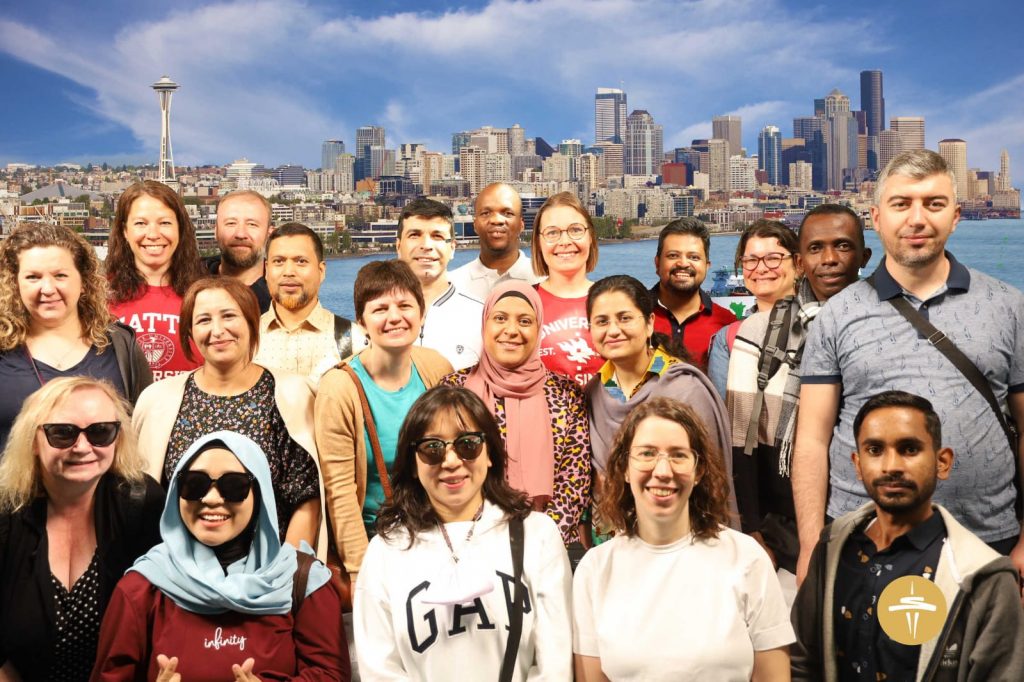Islamic religious education in basic education is intended for all children and young people from families who identify themselves as Muslims. Islamic classes are attended by children and young people of Muslim background from a wide range of language, cultural and worldview backgrounds as well as traditions of interpretation of Islam, for example from Sunni and Shia communities. Guided by the curriculum, the lessons also introduce the diversity of Islam.
My dissertation article (Putkonen & Poulter 2023) shows that teachers of Islam deal with contents related to the diversity of Islam in a way that takes into account the diversity of Muslims in the classroom. On the other hand, the teachers defuse tensions related to diversity and use balancing pedagogical tools in their teaching. They strive to strengthen cohesion by emphasizing the Ummah and what is common to all Muslims. Dealing with contents related to the diversity of Islam requires sensitivity and dialogicity.
Read the whole article (open access):
Putkonen, Niina & Saila Poulter. 2023. Balancing Differences through Highlighting the Common: Religious Education Teachers’ Perceptions of the Diversity of Islam in Islamic Religious Education in Finnish State Schools. Religions 14: 1069. https://doi.org/10.3390/rel14081069
